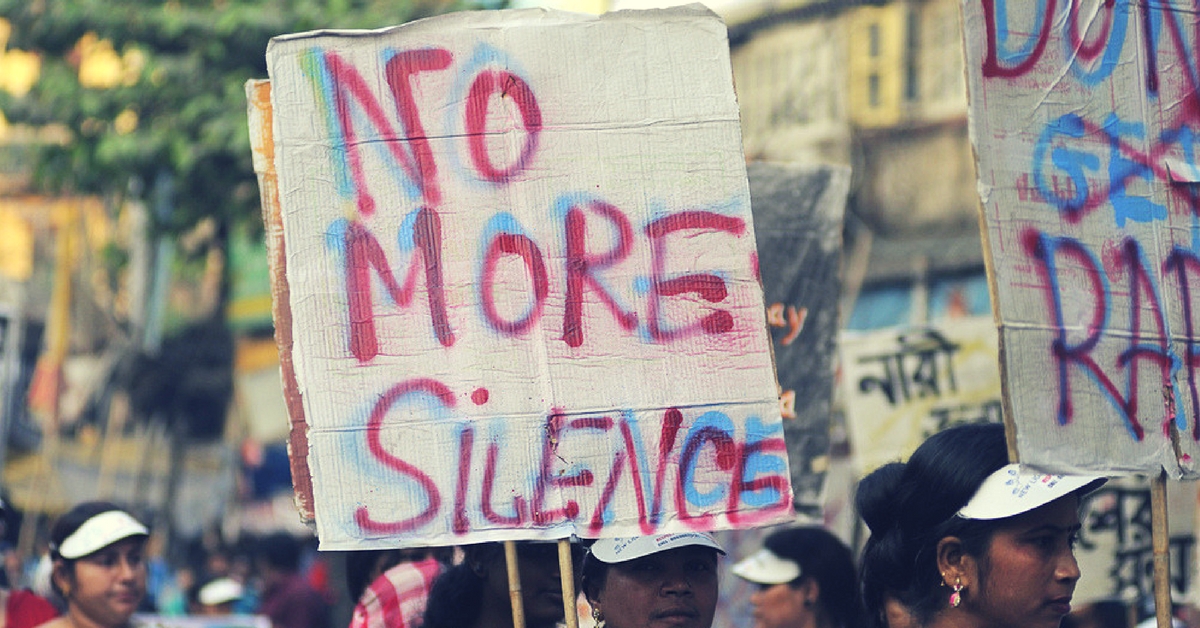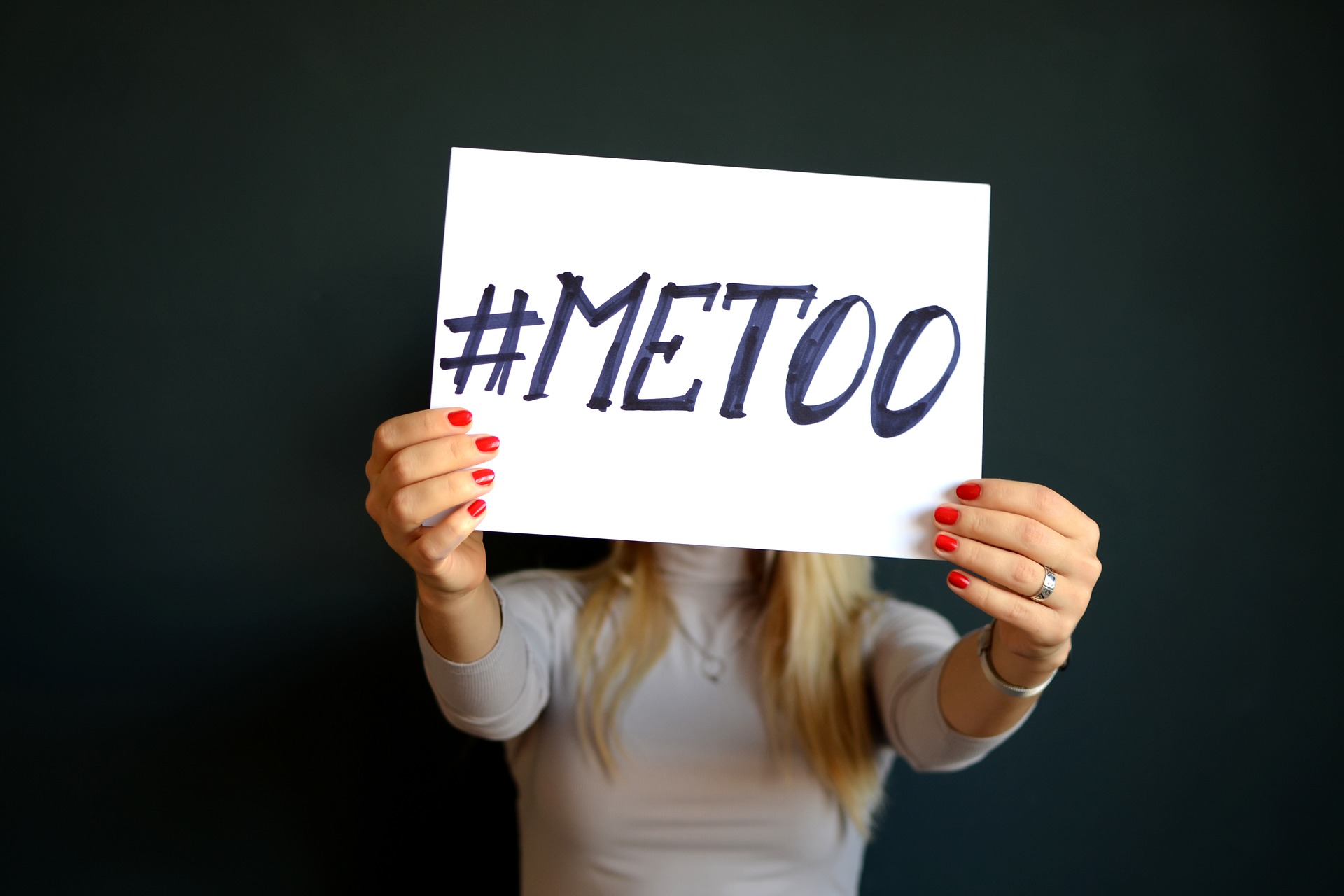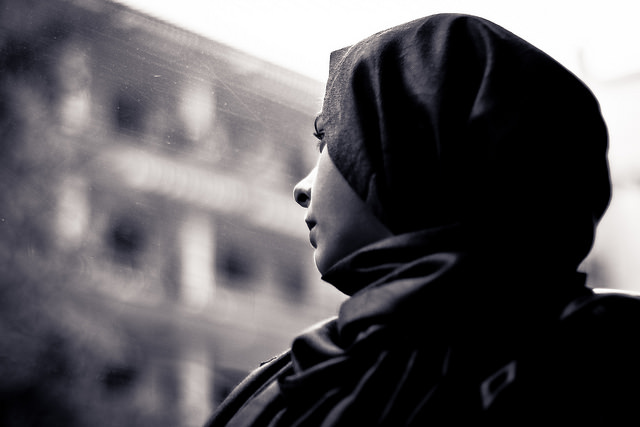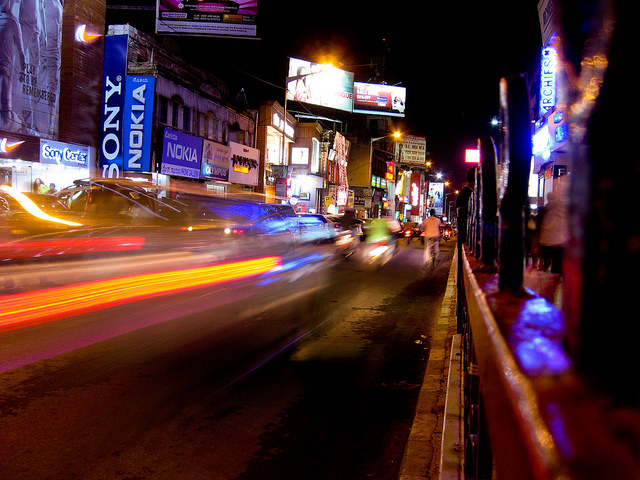#MeToo, Hadiya, Triple Talaq: How 2017 Was an Important Year for Indian Feminism
Women weren’t afraid to express their frustration with the system, and the media did a reasonably good job in reporting it.

It wasn’t abstract ideals that led women to feminism in 2017. Conversations around sexual abuse began with women making public their personal struggles, some even speaking out for the first time in years.
As the hashtag ‘me too’ spread virally on social media in October in the wake of the Harvey Weinstein scandal, women the world over publicised their experiences of sexual harassment and highlighted the sexism and misogyny that are endemic in our society.
The hashtag sparked a more extensive conversation about sexual abuse in India.

So, what made 2017 a notable year for feminism in the country?
There was no one specific reason, but several initiatives with their own symbolic value. Women weren’t afraid to express their frustration with the system, and the media did a reasonably good job in reporting it. While some of them gave rise to immense public disagreement, what they also did was propel further conversations significant for feminism in the country.
Take triple talaq for instance. On December 28, the Lok Sabha passed the Muslim Women (Protection of Rights on Marriage) Bill 2017 that criminalises instant triple talaq, also known as talaq-e-biddat. It imposes a criminal penalty on the husband which includes a jail term of up to three years and a fine.
While on the one hand it’s being lauded as a significant step in reinstating the dignity of Muslim women, it is also being criticised for barely consulting the stakeholders. Declaring the practice of triple talaq as unconstitutional was very necessary, but criminalising it and making it a cognisable and non-bailable offence has made many see it as a problematic and hasty bill.
Muslim women have come out to state that this is not what they fought for.

The controversial list on Facebook by Raya Sarkar, which named and shamed predators in academia also invited a mixed response.
Many argued whether such a list could be blindly believed to be accurate without a prior context of the kind of sexual offence that has been committed and whether the accused can be punished without due process, which the list sought to criticise in the first place. Others praised Raya’s courage as well as of the victim’s to break the silence against the process that failed them.
A 24-year-old woman born into a Hindu family, Akhila converted to Islam and took a new name, Hadiya, against the wishes of her parents. Time and again she reiterated that she decided to convert as well as to get married to the man of her choice and that nobody forced her to do it. Yet, Hadiya found herself in the middle of a ‘love jihad’ controversy in Kerala.
The Supreme Court repeatedly tried to rob Hadiya’s autonomy by annulling her marriage and refused to acknowledge her right to choice as an adult woman. However, Hadiya stood strong despite being held in captivity by a judicial order and has become the face of the fight for a woman’s personal autonomy.
The Chandigarh stalking case was another significant incident which stirred the debate over women’s safety in the country.

Varnika Kundu, the daughter of VS Kundu, an Indian Administrative Service (IAS) officer of the Haryana cadre, filed a complaint of stalking and attempting to abduct her against Vikas Barla, the son of Haryana BJP chief. Happy with the framing of charges against the accused, Varnika said that it set a precedent for the rich and powerful men who think they can get away with doing anything.
In September, a BHU student of the Arts Faculty was allegedly harassed inside campus by by three men on a motorcycle while she was on her way to her hostel. However, instead of approaching university authorities, the hostel’s warden questioned the student over why she was returning so late. Due to this, hundreds of students of the university sat on dharna protesting agaisnt lack of safety and victim shaming.
Triggered by New Year Eve’s ‘mass molestation’ that took place in Bengaluru’s Brigade Road and MG Road last year, in January, 21 women organised the #IWillGoOut protest to reclaim the streets at night.
They chanted slogans, sang, yelled, questioned the current state of affairs and exercised their right to protest.

Twitter accounts like Genderlog India regularly initiated dialogues around gender, queerness, masculinity, caste, consent and various other topics. And these are just a few examples of how this year was significant for feminism—a word so frequently misunderstood—in India.
Through Feminism in India’s hashtag on Twitter, women shared stories of their best feminist moments of the year, talking about their struggles, victories and growth at a micro level. These are what made 2017 a crucial year for feminist struggles in India, the effects of which will hopefully be felt in the new year.
Like this story? Or have something to share?
Write to us: [email protected]
Connect with us on Facebook and Twitter.
NEW: Click here to get positive news on WhatsApp!
This story made me
- 97
- 121
- 89
- 167
Tell Us More
We bring stories straight from the heart of India, to inspire millions and create a wave of impact. Our positive movement is growing bigger everyday, and we would love for you to join it.
Please contribute whatever you can, every little penny helps our team in bringing you more stories that support dreams and spread hope.



















